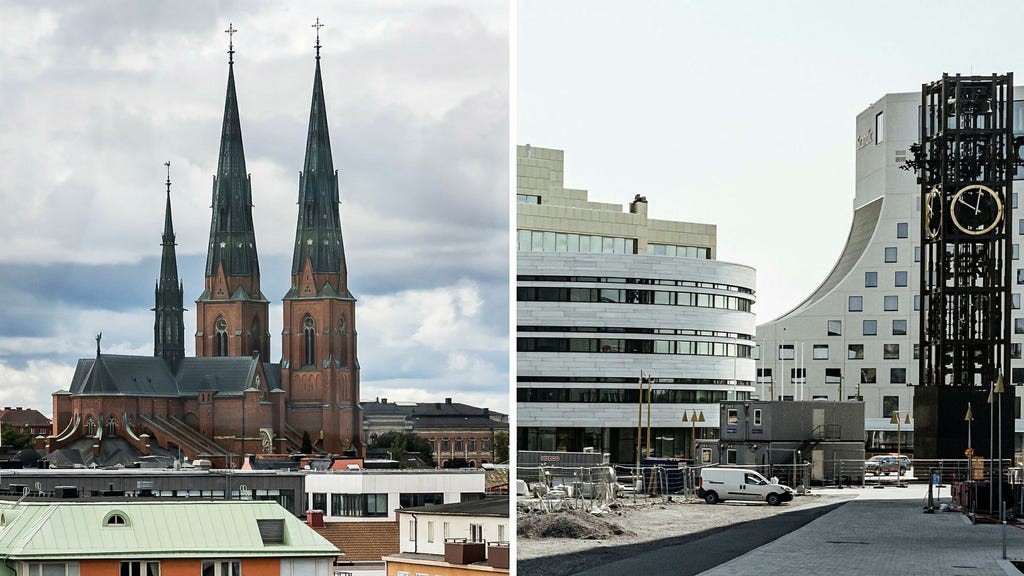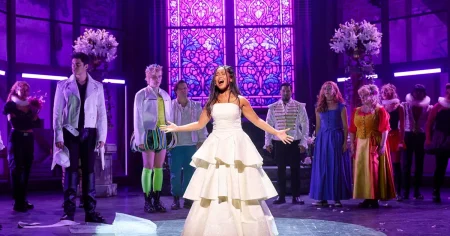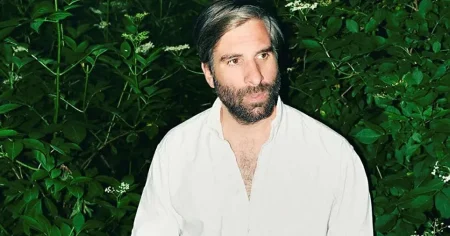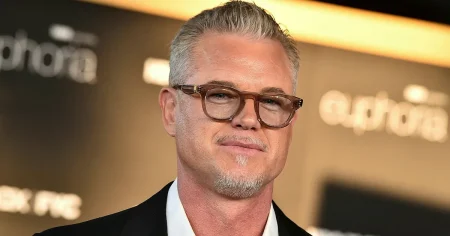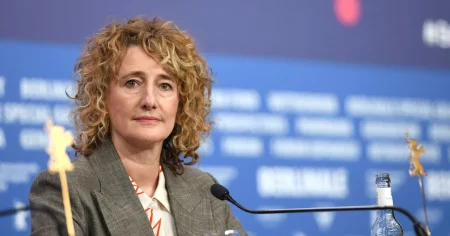The race for the title of Swedish Capital of Culture 2029 is down to two contenders: Uppsala, a historic university city steeped in tradition, and Kiruna, a modern mining town undergoing a dramatic transformation. The winner will be announced on Friday, culminating a process that has seen significantly less interest from potential candidate cities compared to previous years. This decline in enthusiasm raises questions about the perceived value and sustainability of the designation, especially in light of the considerable financial investments and uncertain returns involved.
The Capital of Culture title, inspired by the European Capital of Culture initiative, aims to promote cultural development and tourism within the chosen city. It promises a year of heightened artistic activity, increased visibility on the national and international stage, and the potential for long-term economic growth. However, these aspirations often come with a hefty price tag. Cities bidding for the title must commit substantial resources to developing comprehensive cultural programs, upgrading infrastructure, and marketing their offerings. The financial burden, coupled with the short-term nature of the designation, has given many cities pause, leading them to question whether the benefits outweigh the costs.
The dwindling interest in the Swedish Capital of Culture title reflects a wider debate surrounding the effectiveness and long-term impact of such designations. Critics argue that the focus on a single year of intensified cultural programming often fails to translate into sustainable growth for the arts sector. They point to the potential for short-lived bursts of activity followed by a decline in funding and public engagement once the spotlight fades. Concerns also exist regarding the distribution of resources, with some arguing that the concentration of funding in a single city can disadvantage other regions and potentially exacerbate existing inequalities within the cultural landscape.
Furthermore, the uncertainty surrounding state funding adds another layer of complexity to the decision-making process for potential candidate cities. While the government typically provides financial support to the chosen Capital of Culture, the level of commitment can vary, making it difficult for cities to accurately budget and plan for the extensive programming required. This unpredictability further discourages cities from investing the significant resources needed to develop a competitive bid. The lack of guaranteed funding undermines the long-term planning crucial for building a sustainable cultural infrastructure that extends beyond the designated year.
The contrasting profiles of Uppsala and Kiruna offer an intriguing glimpse into the diverse cultural landscape of Sweden. Uppsala, with its established university and rich historical heritage, represents a more traditional view of Swedish culture. Kiruna, on the other hand, embodies a modern, dynamic approach, driven by its unique urban transformation and the challenges and opportunities presented by its ongoing relocation. The selection of either city would send a powerful message about the direction of cultural policy in Sweden and the values it prioritizes. Will the jury favor the established prestige of Uppsala or the innovative spirit of Kiruna? The decision will undoubtedly spark discussions about the future of cultural development in Sweden and the role of the Capital of Culture designation in shaping that future.
The upcoming announcement on Friday will mark a pivotal moment not just for Uppsala and Kiruna, but for the future of the Swedish Capital of Culture initiative as a whole. The declining interest from potential candidate cities underscores the need for a critical assessment of the program’s structure and its long-term impact on the cultural landscape. Addressing the concerns surrounding financial sustainability, equitable resource distribution, and the transition beyond the designated year is crucial for revitalizing the program and ensuring its continued relevance in promoting cultural development across Sweden. The choice between Uppsala and Kiruna will not only determine the cultural focus for 2029, but also serve as a catalyst for broader conversations about the future of cultural policy and investment in the years to come.





